
Find Help
More Items From Ergsy search
-
Can refugees or immigrants access food banks?
Relevance: 100%
-
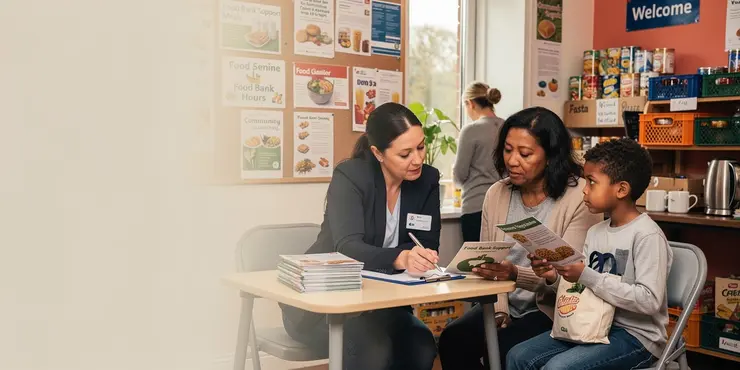
How can I access food banks?
Relevance: 48%
-

What information do I need to access a food bank?
Relevance: 44%
-
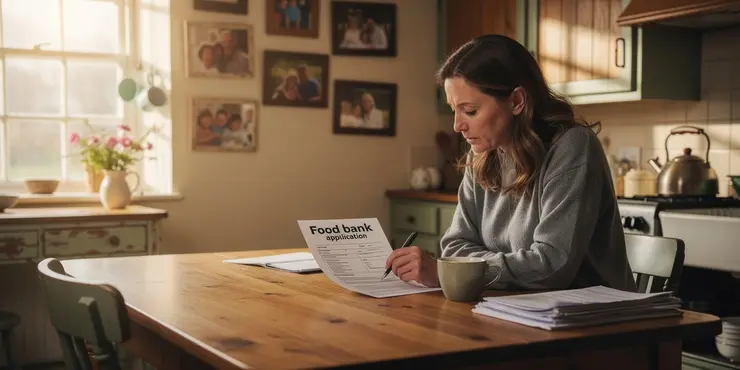
Do I have to provide personal information to access a food bank?
Relevance: 41%
-
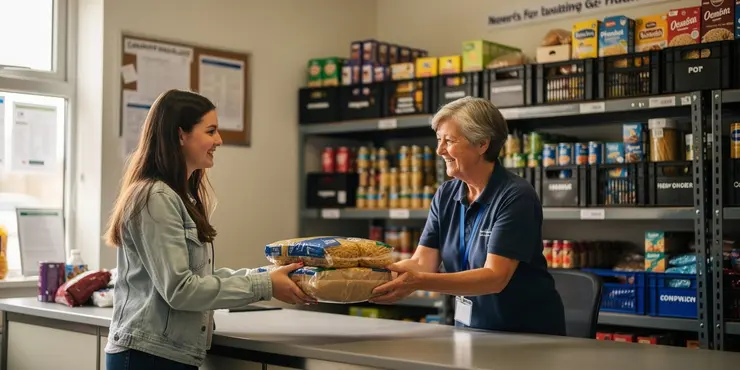
Can anyone use a food bank?
Relevance: 38%
-
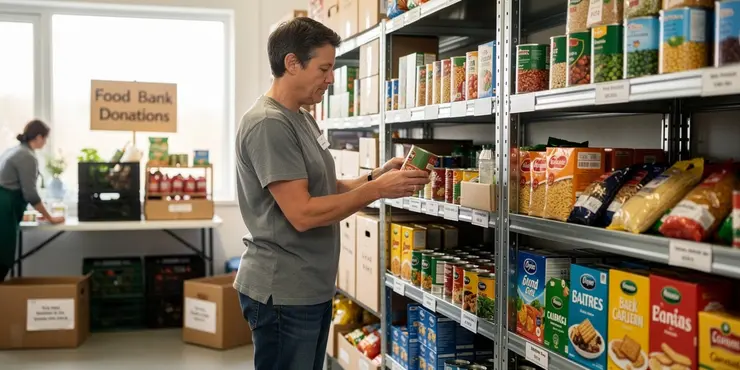
What is a food bank?
Relevance: 38%
-
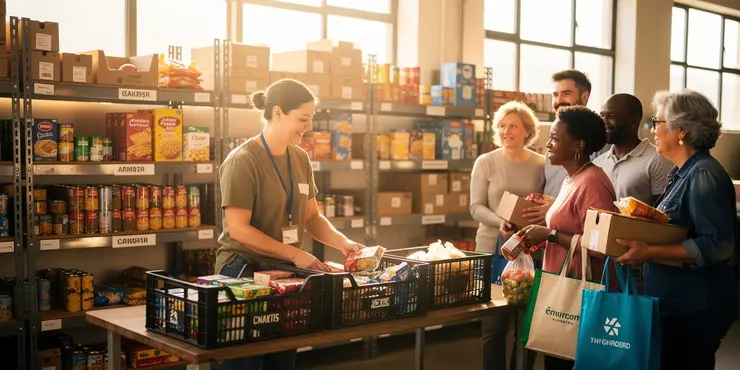
Is there a cost to receive food from a food bank?
Relevance: 37%
-
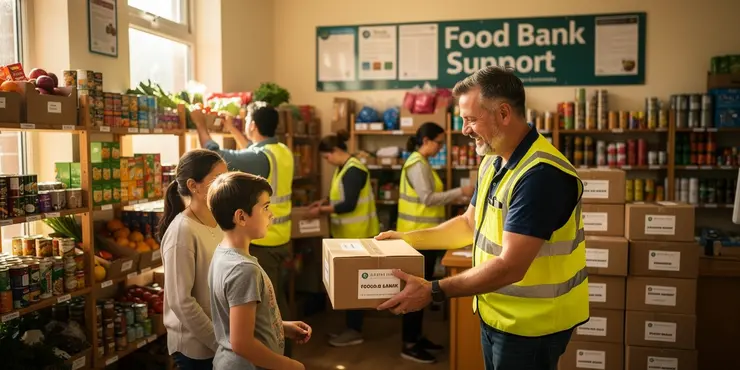
Is there a limit on how much food I can take from a food bank?
Relevance: 36%
-
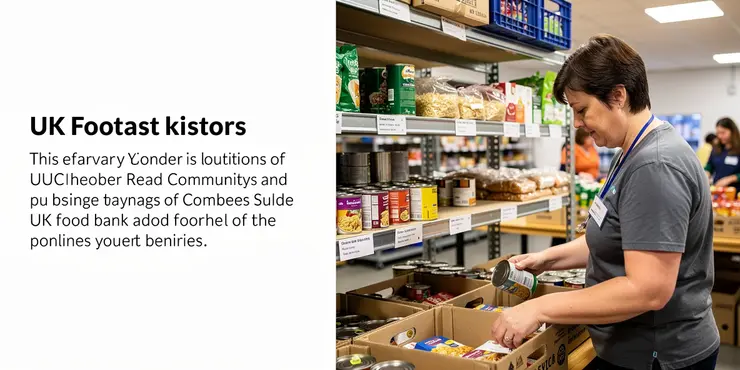
How do food banks get their food?
Relevance: 35%
-
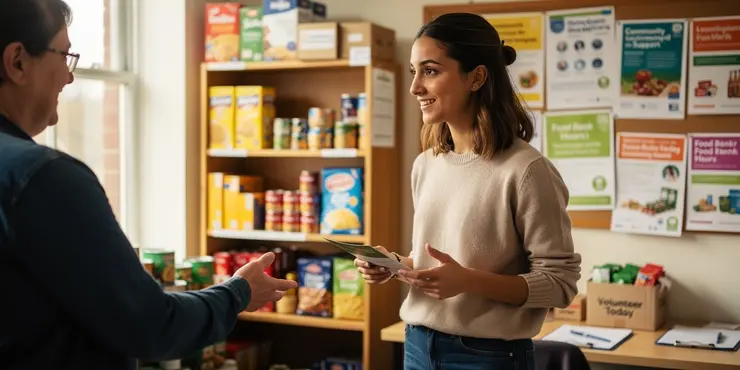
What if there is no food bank near me?
Relevance: 35%
-
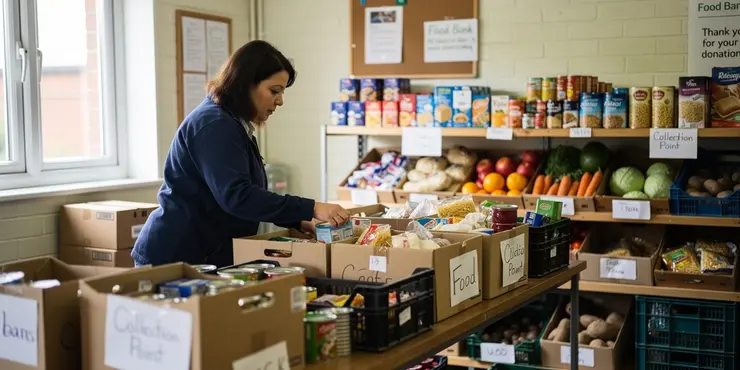
Are food banks open on weekends?
Relevance: 34%
-
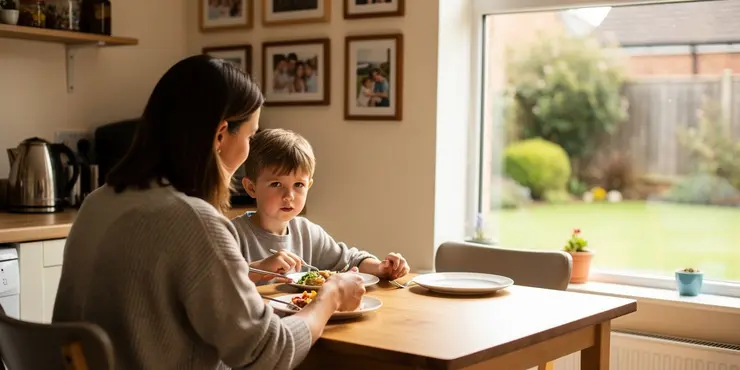
What is the difference between a food bank and a food pantry?
Relevance: 34%
-
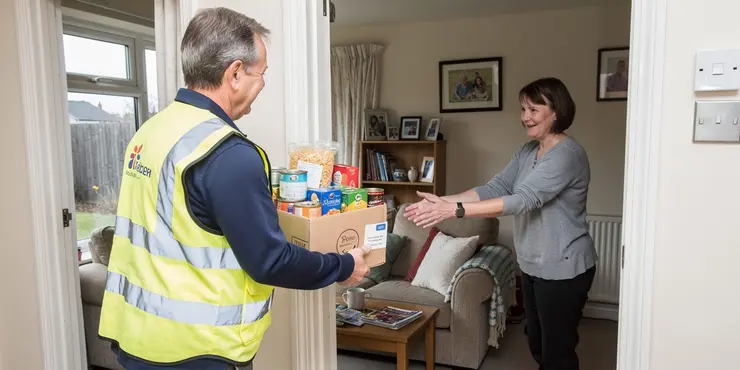
What if I can't physically visit a food bank?
Relevance: 34%
-
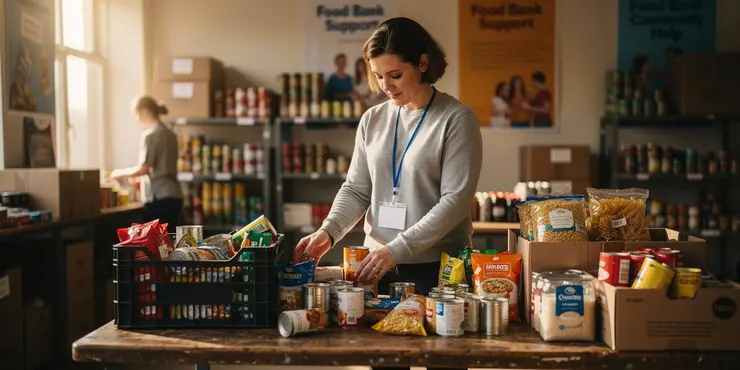
What types of food are typically available at a food bank?
Relevance: 33%
-
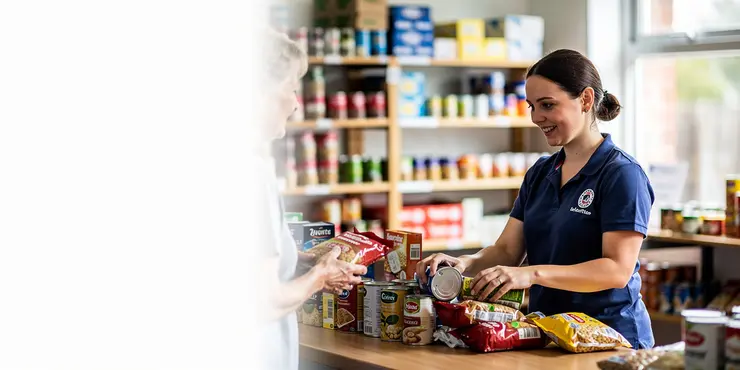
How often can I visit a food bank?
Relevance: 33%
-
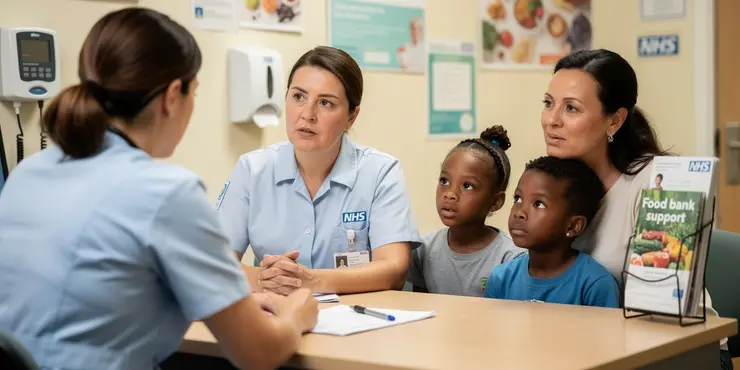
How can I find a food bank near me?
Relevance: 33%
-
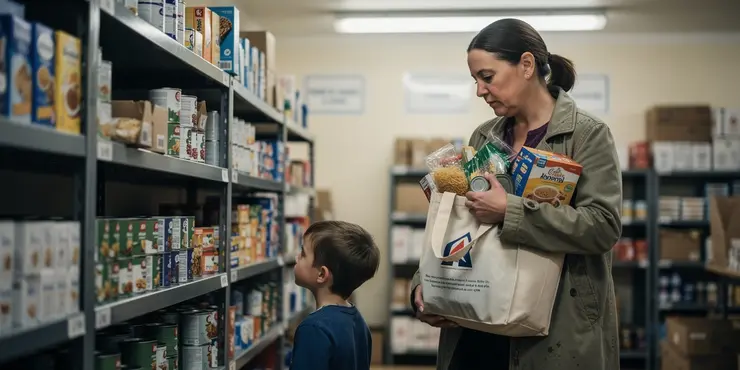
Rise in Food Bank Usage Amid Economic Challenges
Relevance: 32%
-
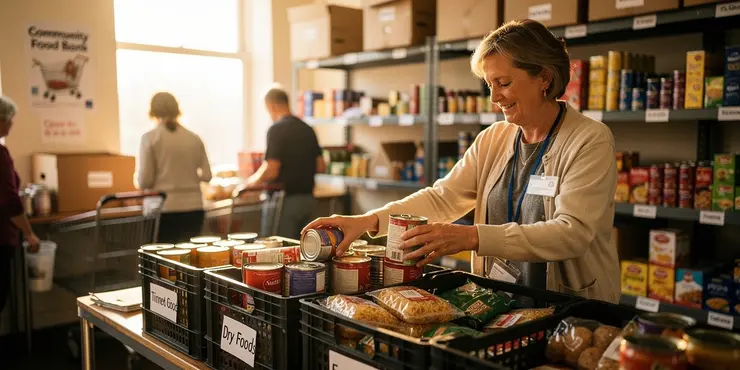
The Rise of Community Food Banks: Combating Hunger Locally
Relevance: 32%
-
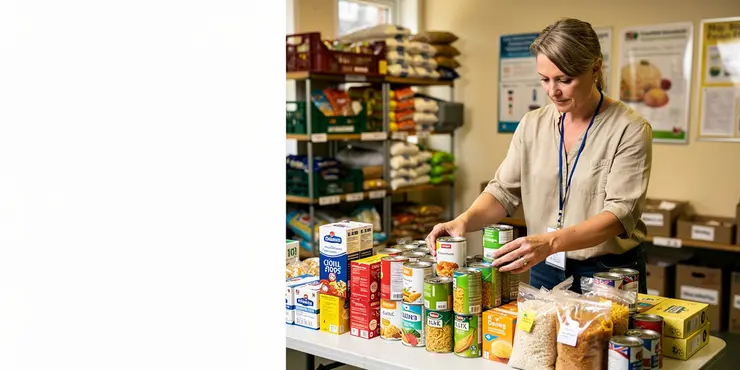
How can I support my local food bank?
Relevance: 30%
-
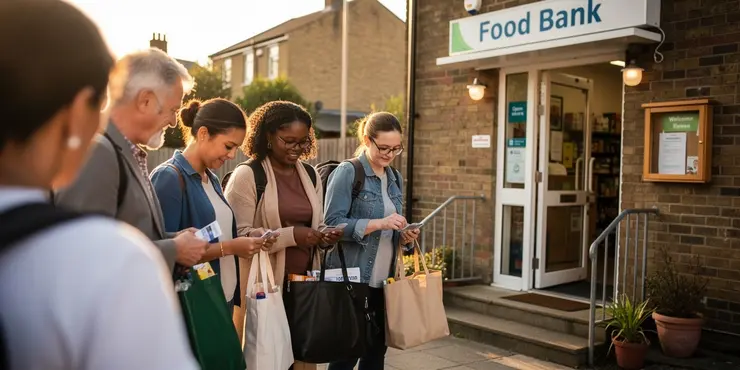
What should I bring with me when visiting a food bank?
Relevance: 29%
-

Government Faces Legal Challenge Over Proposed Immigration Bill
Relevance: 28%
-

How can I check my immigration status online?
Relevance: 28%
-
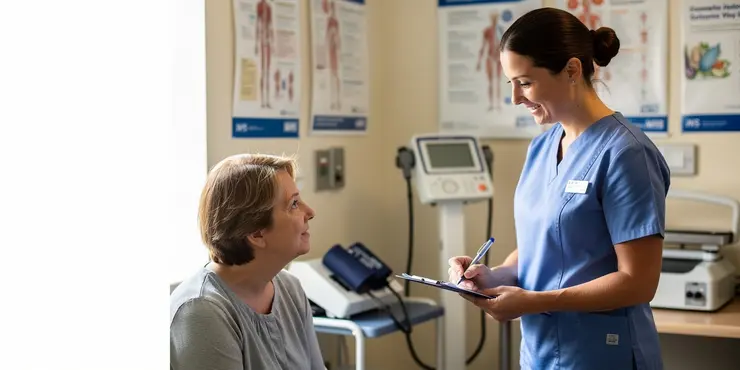
What information do I need to check my immigration status online?
Relevance: 27%
-
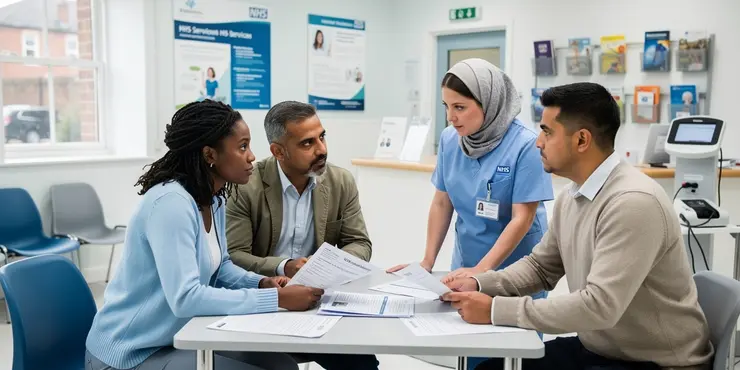
How can I get information on my immigrations status?
Relevance: 27%
-
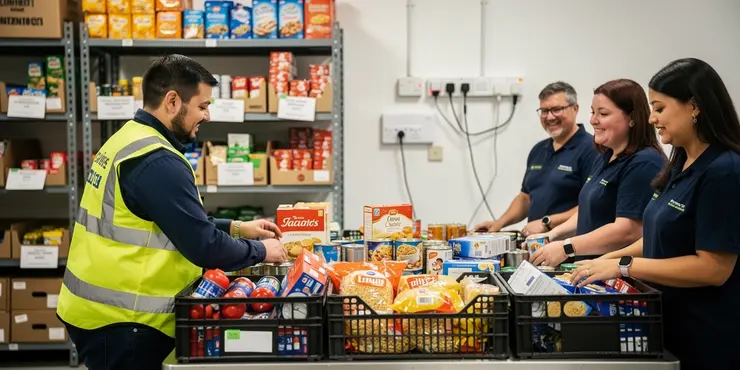
Can I volunteer at a food bank?
Relevance: 26%
-
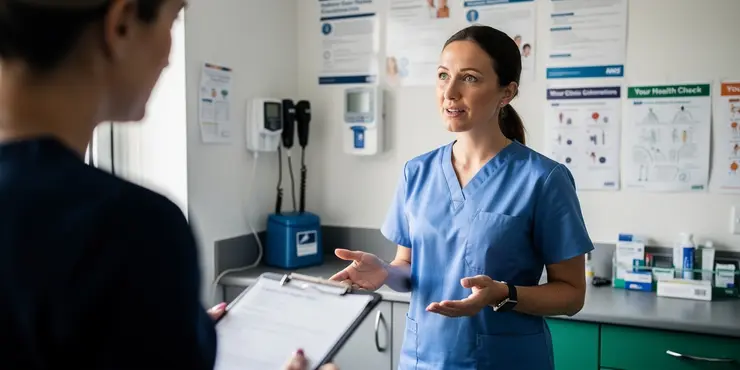
What happens after my immigration case is approved?
Relevance: 25%
-
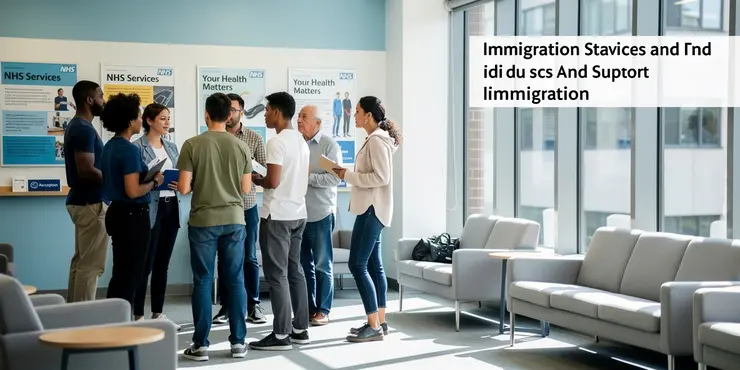
Can I check the status of my immigration case by phone?
Relevance: 25%
-
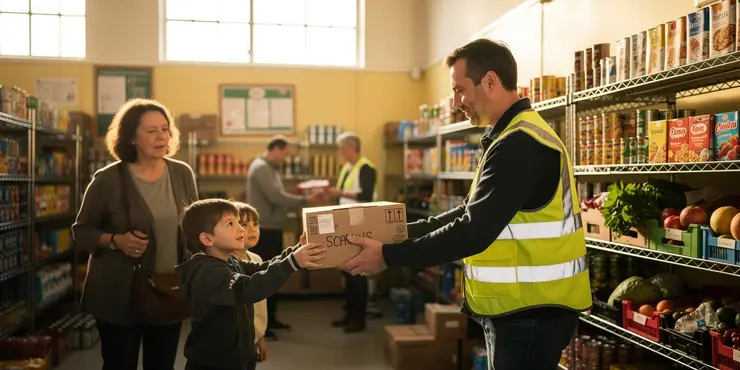
Do I need to make an appointment to visit a food bank?
Relevance: 24%
-
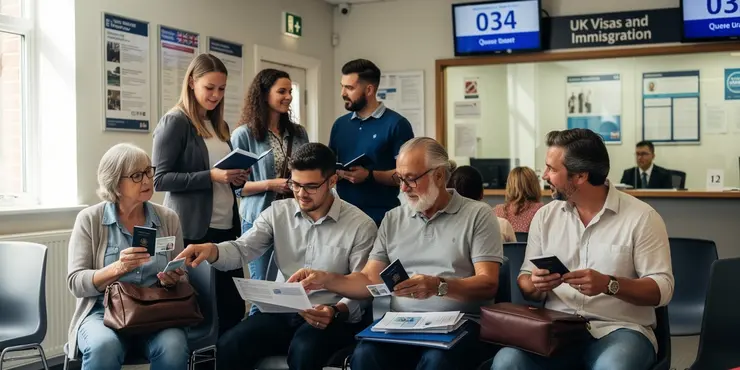
How long does it take to process an immigration case?
Relevance: 24%
-
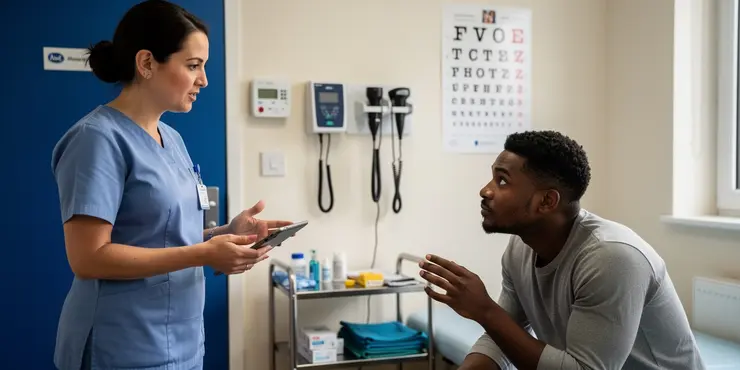
Can I get updates on my immigration status via email?
Relevance: 24%
-
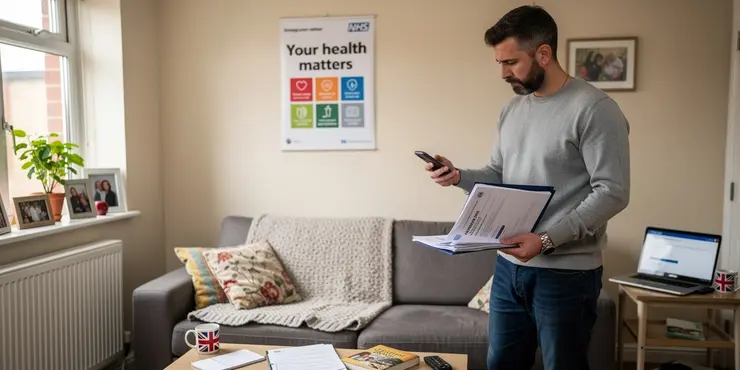
Can I visit a USCIS office to inquire about my immigration status?
Relevance: 24%
-
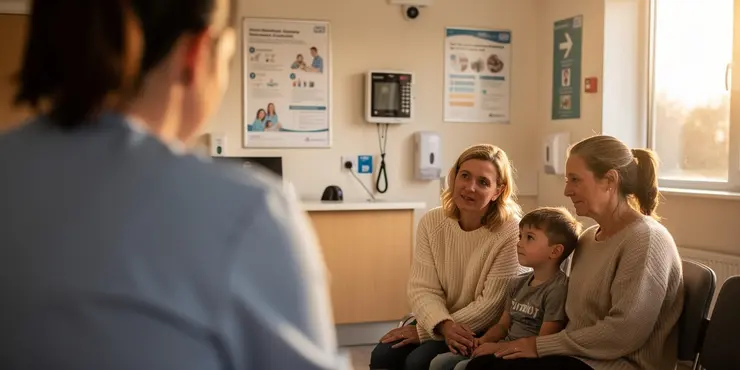
Charities Warn of Food Insecurity Amidst Rising Cost of Living
Relevance: 22%
-

Can my attorney check my immigration status for me?
Relevance: 21%
-

How often is my immigration case status updated online?
Relevance: 20%
-
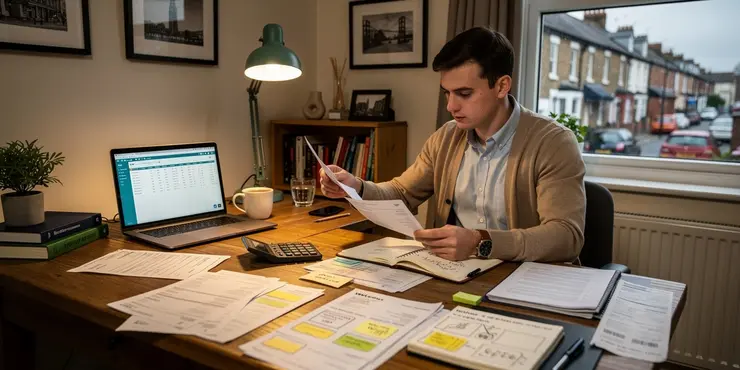
Are there benefits to having multiple bank accounts at different banks?
Relevance: 20%
-
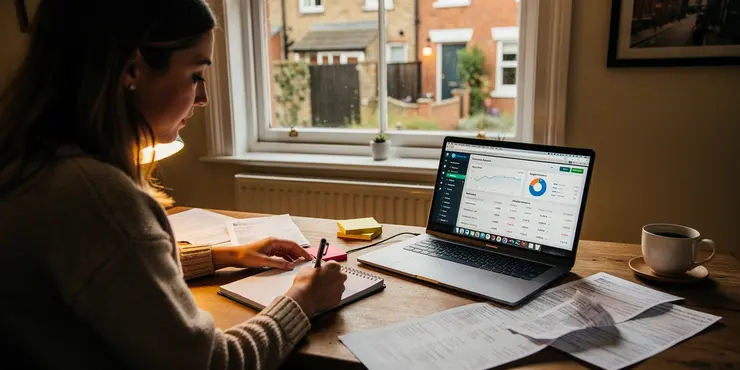
Are there benefits to having multiple bank accounts at different banks?
Relevance: 20%
-
Are online banks cheaper than traditional banks?
Relevance: 20%
-
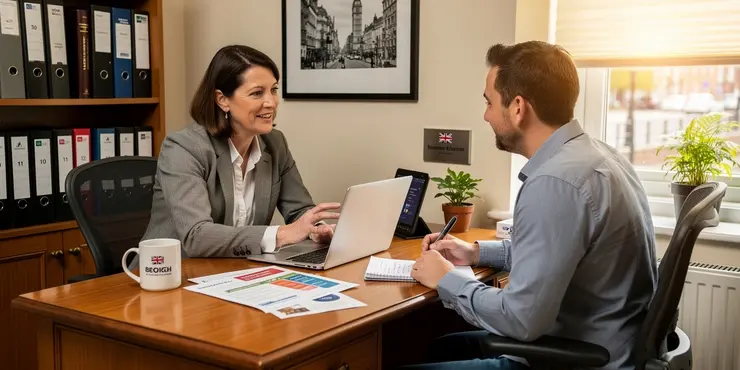
Are online banks cheaper than traditional banks?
Relevance: 20%
-
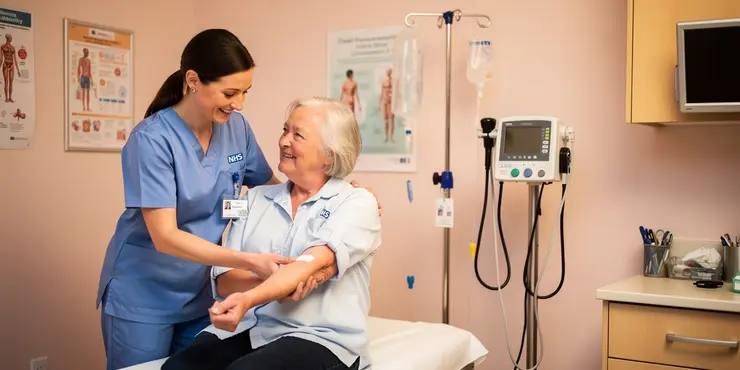
Do online banks offer investment options?
Relevance: 20%
-
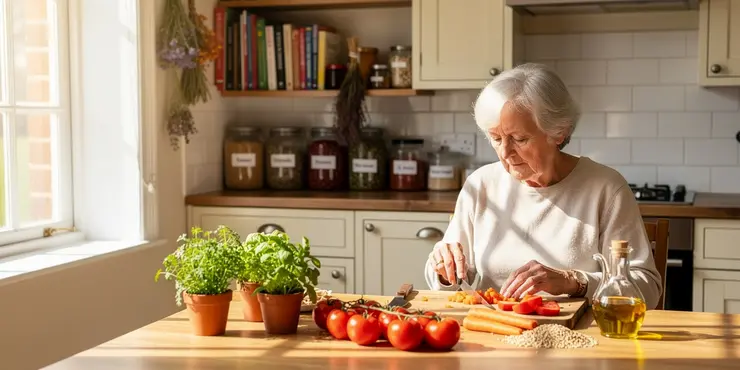
Are there any food assistance programs available for seniors?
Relevance: 19%
Introduction
Access to food is a fundamental human right and an essential component of ensuring wellbeing and health. In the UK, food banks serve as vital community resources that provide emergency food support to individuals and families in need. Refugees and immigrants often find themselves in challenging circumstances, where accessing sufficient and nutritious food becomes difficult. This article explores whether refugees and immigrants can make use of food banks across the UK.
Eligibility for Food Banks
Food banks in the UK are designed to support anyone in the community who is facing a crisis that leaves them without sufficient means to purchase food, including refugees and immigrants. There is generally no restriction based on immigration status for accessing most food banks, as they aim to help anyone who finds themselves in need, regardless of their background.
How Food Banks Operate
Many food banks in the UK operate using a voucher system, where individuals in crisis receive vouchers from referral agencies such as Citizens Advice, doctors, health visitors, and social workers. These vouchers can then be exchanged for food supplies at food banks. The voucher system ensures that the support is directed to those who are genuinely in need and experiencing an emergency.
The Role of Charitable Organizations
Numerous charities and community organizations work to support refugees and immigrants by providing access to food banks and other essential services. These organizations often collaborate with food banks to provide holistic support that may include language classes, employment advice, and legal assistance alongside food support. Organizations like The Trussell Trust and the Refugee Council play significant roles in offering these services.
Challenges Faced by Refugees and Immigrants
Despite food banks being accessible to refugees and immigrants, several barriers can make it difficult for these groups to utilize such resources. Language barriers, lack of awareness of available services, and the stigma associated with using food banks are just a few challenges that may prevent individuals from seeking help. Additionally, some refugees and immigrants may not have access to referral agencies, which are crucial for obtaining the necessary vouchers.
Conclusion
While refugees and immigrants in the UK can indeed access food banks, it is essential to address the barriers that might prevent them from doing so. Community organizations and charities play a crucial role in facilitating access and raising awareness about these resources. By continuing to support and expand these services, society can ensure that all individuals, regardless of their immigration status, can meet their basic needs, including access to adequate food.
Introduction
Everyone should have enough food to eat. In the UK, food banks help people who do not have enough food. Refugees and immigrants might struggle to get enough food. This guide explains if refugees and immigrants can use food banks in the UK.
Who Can Use Food Banks?
Food banks help people who can't afford food. Refugees and immigrants can also use food banks. You do not need to be a UK citizen to get help from most food banks.
How Do Food Banks Work?
Food banks often use a voucher system. You get a voucher from places like Citizens Advice, doctors, or social workers. Then, you can exchange the voucher for food at the food bank. This helps make sure food goes to people who really need it.
Help from Charities
Many charities help refugees and immigrants. They work with food banks to provide not only food but also other help, like language classes and job advice. Charities like The Trussell Trust and the Refugee Council offer these services.
Challenges for Refugees and Immigrants
Even though food banks are open to refugees and immigrants, they can face problems. Language can be hard, and some people do not know about these services. Also, some people feel embarrassed asking for help. Not everyone knows where to get a voucher, which can also be a problem.
Conclusion
Refugees and immigrants can use food banks in the UK. It is important to fix the problems they face when trying to get help. Charities and community groups are important because they help people learn about and use these services. By supporting these groups, we can help everyone get the food they need.
Frequently Asked Questions
Can refugees or immigrants access food banks?
Yes, refugees and immigrants can typically access food banks. Food banks often provide support to anyone in need, regardless of their immigration status.
Do food banks require proof of residency for refugees?
Most food banks do not require proof of residency. They aim to assist anyone in need, including refugees and immigrants.
Are there specific food banks for refugees and immigrants?
Some food banks may focus on or have programs dedicated to serving refugees and immigrants, but most food banks serve all community members.
Is there a cost for refugees to use food banks?
No, food banks provide food to people in need at no cost, including refugees and immigrants.
Do refugees need to provide identification to receive food from a food bank?
Policies vary, but many food banks do not require ID to receive assistance, understanding the challenges refugees might face in providing such documentation.
Can undocumented immigrants access food banks?
Yes, undocumented immigrants can often access food banks. Food banks typically do not ask for immigration status information.
Are there language services available at food banks for non-English speakers?
Many food banks offer language services or have multilingual staff and volunteers to assist non-English speakers.
How can refugees find a food bank near them?
Refugees can find food banks near them by searching online, contacting local community organizations, or calling 211 for assistance.
Do food banks offer culturally appropriate food for refugees?
Some food banks make efforts to provide culturally appropriate food options, especially those serving diverse communities.
Can refugees volunteer at food banks?
Yes, refugees can often volunteer at food banks, which is a great way to engage with the community.
Are there specific hours for refugees to visit food banks?
Food bank hours vary by location and are generally the same for all visitors, including refugees and immigrants.
Do refugees need to make an appointment to visit a food bank?
It depends on the food bank. Some may require appointments, while others operate on a walk-in basis.
Can food banks help refugees with other services?
While food banks primarily provide food, many may offer referrals to other services such as housing, employment, or legal assistance.
What documentation do refugees need to access a food bank?
Requirements vary, but many food banks do not require documentation, understanding the varied situations of the people they serve.
Are there eligibility criteria for refugees to receive food from a food bank?
Food banks typically do not have strict eligibility criteria and aim to assist everyone in need.
Can families of refugees also access food banks?
Yes, refugee families, including children, can access services from food banks.
Are there special considerations for refugees during times of high demand at food banks?
Food banks may have different procedures during high-demand periods, but they strive to accommodate all individuals, including refugees.
Do refugees need to bring anything with them when visiting a food bank?
Policies vary, but generally, refugees only need to bring bags or containers for carrying food.
Can refugees receive fresh and perishable food items from food banks?
Many food banks provide fresh and perishable food items, depending on their resources and supply.
How can food banks ensure they are accessible to refugees?
Food banks can ensure accessibility by offering language support, minimizing ID requirements, and collaborating with refugee organizations.
Can refugees or immigrants get food from food banks?
Yes, refugees and immigrants can get food from food banks.
Food banks are places that give free food to people who need it. If you are a refugee or immigrant and need food, you can go to a food bank.
You might need to show some papers, like an ID, to get the food. But you do not have to pay any money.
If you are not sure where to find a food bank, you can ask someone for help. You can also use a computer or phone to look online for the nearest food bank.
Going with a friend or using apps that help translation can make it easier to understand and ask for help.
Yes, people who are refugees or immigrants can usually go to food banks. Food banks help everyone who needs food, no matter where they are from or their status.
Do food banks ask refugees to show where they live?
Most food banks do not ask for proof of where you live. They want to help anyone who needs food, including people who have come from other countries.
Is there a food bank for refugees and immigrants?
Food banks give food to people who need help. Some food banks may be for refugees and immigrants. Check the Trussell Trust website for food banks near you. You can also ask local community centers for help.
Most food banks help everyone in the community.
Some food banks have special programs to help refugees and immigrants.
Do refugees have to pay to use food banks?
No, food banks give food for free to people who need it. This includes refugees and immigrants.
Do refugees need to show ID to get food from a food bank?
Refugees want to know if they must show ID to get food.
ID is a card or paper that says who you are.
It is good to ask the food bank staff what they need. They can help and tell you more.
If showing ID is hard, you can use other ways to prove who you are. Ask the helpers for advice. They are there to support you.
Different places have different rules. But lots of food banks do not ask for ID when you need help. They know it can be hard for refugees to show these papers.
Can people who came to the country without papers get food from food banks?
People without the right papers can still get help from food banks.
Food banks give food to people who need it. They do not check for papers.
If you need help, you can:
- Ask a friend or family member to go with you.
- Use a map to find the nearest food bank.
- Call the food bank to ask questions before you go.
Remember, it's okay to ask for help!
Yes, people without papers can usually get help from food banks. Food banks do not usually ask about your immigration status.
Can people who do not speak English get help at food banks?
Food banks may have people to help if you do not speak English. Ask them if they have someone who can speak your language. You can also bring a friend or family member who can help you talk to them. Some food banks have papers in different languages, too.
Many food banks have people who speak different languages. They can help people who do not speak English.
How can refugees find a food bank nearby?
Here is how refugees can find food banks:
- Use a map app on your phone or computer. Type "food bank" and your location. The app can show you where to go.
- Ask a helper or friend. They might know where food banks are.
- Check if there is a community center or a local charity. They can give you information.
- Call 211 for help in finding food assistance nearby.
Support tools:
- Use translation apps if you need help understanding.
- Get someone to help you read or to make calls.
- Visit websites that can show you how to find food banks.
Remember, you are not alone, and there are people who want to help you.
People who have left their country can find places to get free food. They can look on the internet, ask community groups nearby, or call 211 for help.
Do food banks give food that is right for people from different cultures?
Some food banks try to give food that is right for different cultures. They do this especially when they help people from many different backgrounds.
Can people who have had to leave their country help at places that give food to others?
Some people have to leave their homes and find a new place to live. These people are called refugees.
Sometimes, refugees want to help other people.
They can help at places that give food to people who need it. These places are called food banks.
If you want to know if refugees can help at a food bank, ask someone in charge at the food bank.
To make sure everything is okay, it’s good to check the rules about volunteering.
There are tools that can help understand hard words. You can ask someone you trust to explain, or use a phone or tablet to look up words in simple language.
Yes, refugees can help at places where food is given to people who need it. This is a good way to meet new people and be part of the community.
When can refugees go to get food from food banks?
Food bank hours are different at each place. They are usually the same for everyone who wants to use them, like refugees and immigrants.
Do refugees need to book a time to visit a food bank?
Refugees may wonder if they have to plan a visit to a food bank ahead of time. Here is some simple advice:
- Check the rules: Some food banks might need you to book a time. Call or check their website.
- Visit websites: Websites like "foodbankfinder.org" can help you find information.
- Ask for help: You can ask someone you trust to help you find out.
Remember, food banks are there to help you!
Every food bank is different. Some food banks need you to make an appointment. Other food banks let you walk in without an appointment.
Can food banks help refugees with other services?
Food banks give food to people who need it. They can also help in other ways. Here are some things food banks can do:
- Give warm clothes and blankets.
- Help people find a place to stay.
- Tell people about jobs or schools.
- Help fill out forms.
Food banks can also tell people where to get more help. If you are a refugee, it's good to ask what a food bank can do for you.
If reading is hard, try reading with a friend or using audiobooks to hear the text. Visiting a library for help is also a great idea!
Food banks mainly give food. But, they might also help you find other services. These services can help with finding a house, getting a job, or legal help.
What papers do refugees need to get food from a food bank?
If you are a refugee and you want to get food from a food bank, you might need to show some papers.
Here are some papers you might need:
- Your refugee ID card or papers.
- A paper that shows where you live, like a letter with your address.
- A letter saying you need help with food.
Ask the food bank what papers they need from you. They can help tell you what to bring.
If you have trouble reading or understanding, you can ask a friend or a helper to go with you.
Food banks help people who need food. Many food banks do not ask for papers or documents. They understand that people have different situations.
Can refugees get food from a food bank?
Do you want to know if refugees can get food from a food bank? Here is some easy information:
- Yes, refugees can get food from a food bank.
- There might be some rules that refugees have to meet first.
- Some food banks may ask for an ID or a letter from a support worker.
- If you need help, ask someone you trust or a support worker.
Using pictures or symbols may help the understanding too.
Food banks help people who need food. They do not have a lot of rules, so many people can get help.
Can families of refugees also use food banks?
Refugee families can get help from food banks.
A food bank is a place where people can get free food if they need it.
If refugee families need food, they can go to a food bank.
Bring someone to help if you find it hard to ask for help or need support.
Yes, families who come to a new country to be safe can get food from food banks. This includes children.
Do food banks help refugees when many people need food?
Sometimes, many people go to food banks to get food. This can make it harder for everyone to get enough. But food banks try to help refugees too.
Food banks know refugees might need special help. They try to give them the right food and support. It's important to listen to what refugees need. Translators can help if they speak a different language.
People at food banks are kind and want to help. They work hard to make sure everyone gets food when they really need it.
Food banks sometimes do things differently when lots of people need help. But food banks always try to help everyone, including refugees.
What should refugees bring when they go to a food bank?
Here is some helpful information:
- You might need to bring a form of ID, like a passport.
- It can be good to have a referral letter from an organization or helper.
- If you are unsure, ask the food bank what you need to bring.
If reading is hard, you can use tools like text-to-speech to read this out loud. You can also ask a friend or helper to explain it to you.
Rules are different in each place. But usually, refugees just need to bring bags or boxes to carry food.
Can refugees get fresh food from food banks?
Yes, refugees can get fresh food. Food banks often have fruits, vegetables, and other fresh foods. It is good to ask your local food bank what they have.
Helpful tips:
- Visit the food bank website for more info.
- Ask someone to help you call or visit the food bank.
Lots of food banks give out fresh food like fruits and vegetables. This can change because it depends on what they have and what is given to them.
How can food banks make it easier for refugees to get help?
Food banks can do a few things to help refugees:
- Put signs and information in different languages.
- Have people who can speak different languages help others.
- Make sure the food bank is easy to find and get to.
- Be friendly and kind to everyone who comes in.
- Work with community groups to share information.
Using pictures or symbols can also help explain things better to everyone.
Food banks can make it easier for everyone to get food. They can help by:
- Offering support in different languages.
- Not asking for too much ID.
- Working with groups that help refugees.
Useful Links
This website offers general information and is not a substitute for professional advice.
Always seek guidance from qualified professionals.
If you have any medical concerns or need urgent help, contact a healthcare professional or emergency services immediately.
Some of this content was generated with AI assistance. We’ve done our best to keep it accurate, helpful, and human-friendly.
- Ergsy carfully checks the information in the videos we provide here.
- Videos shown by Youtube after a video has completed, have NOT been reviewed by ERGSY.
- To view, click the arrow in centre of video.
- Most of the videos you find here will have subtitles and/or closed captions available.
- You may need to turn these on, and choose your preferred language.
- Go to the video you'd like to watch.
- If closed captions (CC) are available, settings will be visible on the bottom right of the video player.
- To turn on Captions, click settings .
- To turn off Captions, click settings again.
More Items From Ergsy search
-
Can refugees or immigrants access food banks?
Relevance: 100%
-

How can I access food banks?
Relevance: 48%
-

What information do I need to access a food bank?
Relevance: 44%
-

Do I have to provide personal information to access a food bank?
Relevance: 41%
-

Can anyone use a food bank?
Relevance: 38%
-

What is a food bank?
Relevance: 38%
-

Is there a cost to receive food from a food bank?
Relevance: 37%
-

Is there a limit on how much food I can take from a food bank?
Relevance: 36%
-

How do food banks get their food?
Relevance: 35%
-

What if there is no food bank near me?
Relevance: 35%
-

Are food banks open on weekends?
Relevance: 34%
-

What is the difference between a food bank and a food pantry?
Relevance: 34%
-

What if I can't physically visit a food bank?
Relevance: 34%
-

What types of food are typically available at a food bank?
Relevance: 33%
-

How often can I visit a food bank?
Relevance: 33%
-

How can I find a food bank near me?
Relevance: 33%
-

Rise in Food Bank Usage Amid Economic Challenges
Relevance: 32%
-

The Rise of Community Food Banks: Combating Hunger Locally
Relevance: 32%
-

How can I support my local food bank?
Relevance: 30%
-

What should I bring with me when visiting a food bank?
Relevance: 29%
-

Government Faces Legal Challenge Over Proposed Immigration Bill
Relevance: 28%
-

How can I check my immigration status online?
Relevance: 28%
-

What information do I need to check my immigration status online?
Relevance: 27%
-

How can I get information on my immigrations status?
Relevance: 27%
-

Can I volunteer at a food bank?
Relevance: 26%
-

What happens after my immigration case is approved?
Relevance: 25%
-

Can I check the status of my immigration case by phone?
Relevance: 25%
-

Do I need to make an appointment to visit a food bank?
Relevance: 24%
-

How long does it take to process an immigration case?
Relevance: 24%
-

Can I get updates on my immigration status via email?
Relevance: 24%
-

Can I visit a USCIS office to inquire about my immigration status?
Relevance: 24%
-

Charities Warn of Food Insecurity Amidst Rising Cost of Living
Relevance: 22%
-

Can my attorney check my immigration status for me?
Relevance: 21%
-

How often is my immigration case status updated online?
Relevance: 20%
-

Are there benefits to having multiple bank accounts at different banks?
Relevance: 20%
-

Are there benefits to having multiple bank accounts at different banks?
Relevance: 20%
-
Are online banks cheaper than traditional banks?
Relevance: 20%
-

Are online banks cheaper than traditional banks?
Relevance: 20%
-

Do online banks offer investment options?
Relevance: 20%
-

Are there any food assistance programs available for seniors?
Relevance: 19%


